Keywords: Religious Beliefs
There are more than 200 results, only the first 200 are displayed here.
-
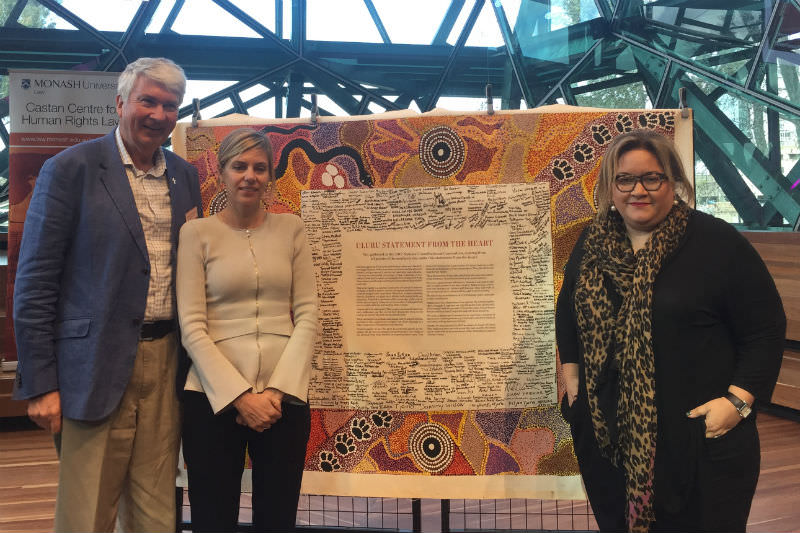
RELIGION
- Frank Brennan
- 20 July 2018
4 Comments
'I voted 'yes' in last year's ABS survey on same sex marriage. As a priest, I was prepared to explain why I was voting 'yes' during the campaign. I voted 'yes', in part because I thought that the outcome was inevitable. But also, I thought that full civil recognition of such relationships was an idea whose time had come.' — Frank Brennan, 2018 Castan Centre Human Rights Conference
READ MORE
-
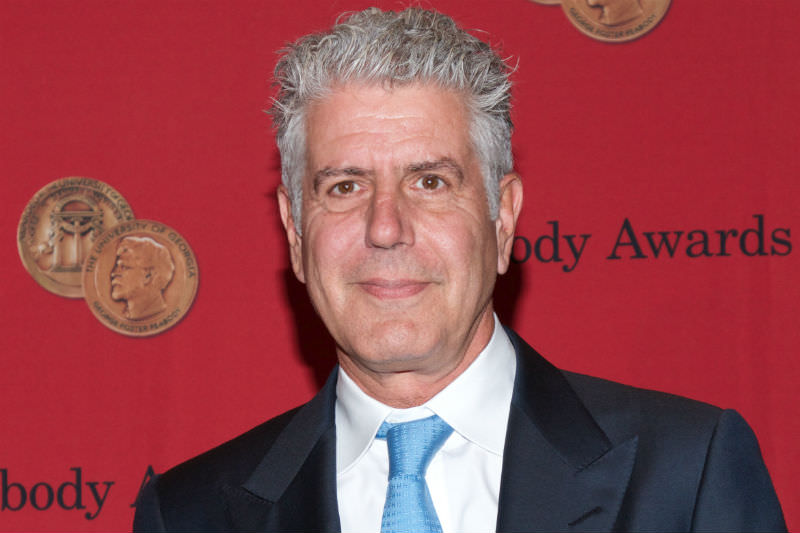
RELIGION
- Rachel Woodlock
- 15 June 2018
14 Comments
Amid the shock and grief for Anthony Bourdain's death, one blue-tick Twitterer attempted to capture five minutes of shameful fame, declaring that religious people believe hell or purgatory is his afterworld destination. While all the great religious traditions generally proscribe suicide, they also contain nuanced views of the suicide's fate.
READ MORE 
-
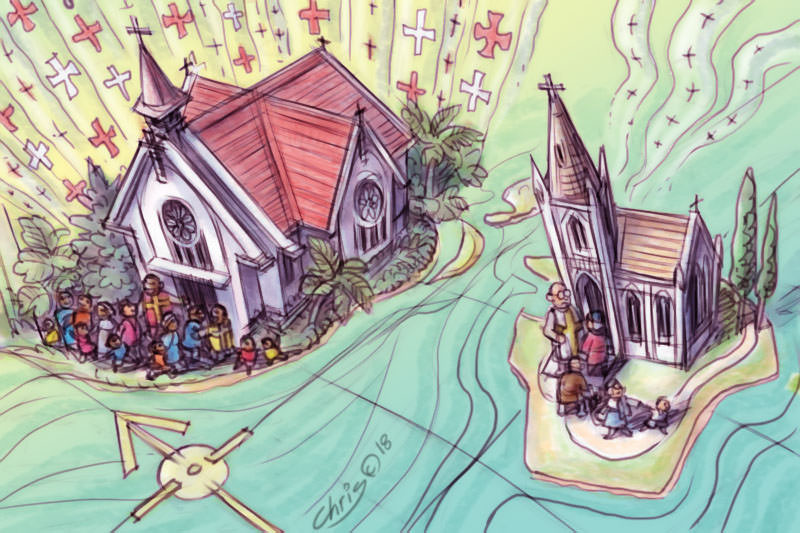
RELIGION
The church has always been more about family than religion to me - my grandmother's grandmother did it all in Latin, but isn't it cool that we went through the same motions? - and I thought it always would. Then I got lucky: I moved to the world's most populous Muslim country.
READ MORE 
-
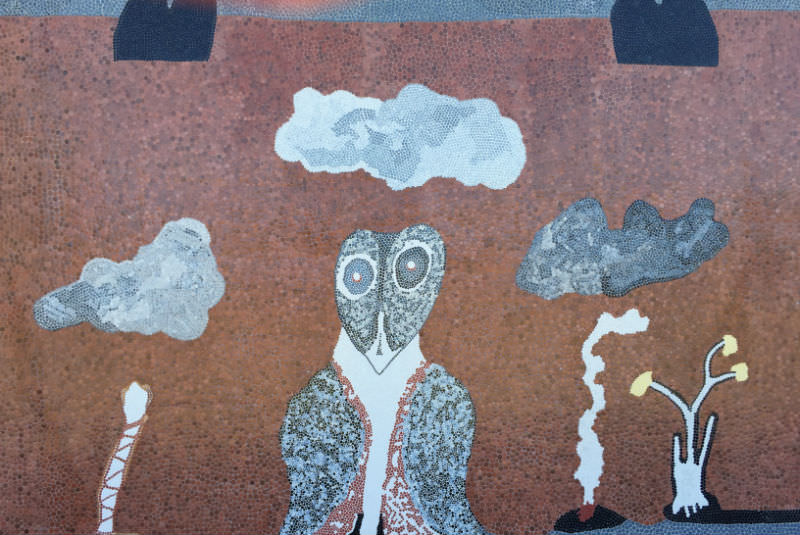
AUSTRALIA
- Frank Brennan
- 26 April 2018
2 Comments
'Nothing gave Barrie greater pleasure than to see Aboriginal Australians replacing him and taking their rightful place in the administration of the nation.' Funeral Homily for Barrie Dexter CBE, Australian Centre for Christianity and Culture, 26 April 2018
READ MORE
-
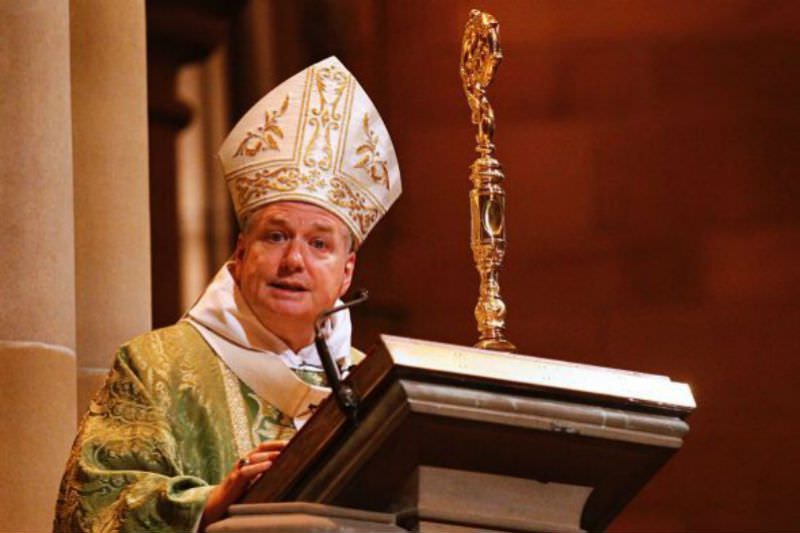
RELIGION
- Frank Brennan
- 03 April 2018
48 Comments
Archbishop Fisher's Easter warning was in part responding to the findings of the royal commission and in part to some of the submissions to the Ruddock panel on religious freedom. Being on the panel, it would not be appropriate for me to comment on particular submissions at this time. But I was shocked by the Archbishop's shrill tone.
READ MORE 
-

RELIGION
- Frank Brennan
- 20 November 2017
1 Comment
'It's been a big week with the announcement of the result of the survey on same sex marriage. Today is also the World Day of the Poor when Pope Francis invites us to be generous to others less well off than ourselves and then to do more than extend our generous charity to those who are poor.' Homily for the First World Day of the Poor, 33rd Sunday in Ordinary Time, 19 November 2017.
READ MORE
-
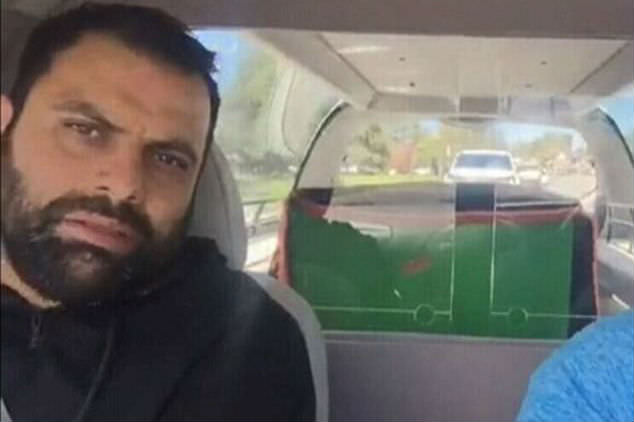
RELIGION
- Andrew Hamilton
- 13 November 2017
5 Comments
Last week we saw the magnanimity and depth of Raeed Darwiche. While travelling in the hearse carrying the body of Jihad, his eight year old son, he pleaded for an end to the vituperation directed at Maha Al-Shennag, whose car had crushed his son. Darwiche appealed to his Islamic faith in explaining why he forgave Al-Shennag.
READ MORE 
-
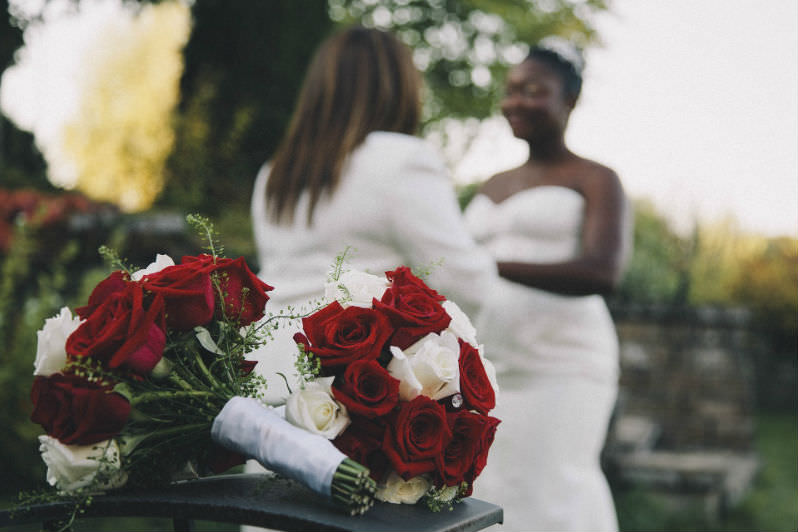
RELIGION
- Frank Brennan
- 10 November 2017
28 Comments
Wednesday will be a day of celebration for those wanting a 'Yes' vote. It should also be a day when we Australians recommit ourselves to respect for all citizens, especially those whose beliefs differ from our own. Our politicians led us into this divisive campaign. Now they need to lead us out of it.
READ MORE 
-
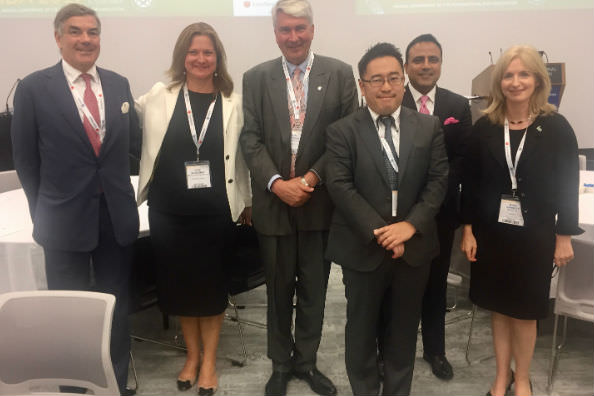
INTERNATIONAL
- Frank Brennan
- 12 October 2017
In the 16th century it was the Dominican friars like Vitoria, Las Casas and Montesino in Salamanca who confronted the state and challenged public opinion about the rights of the indigenous peoples in Spain's newly colonised lands. Not even the most nostalgic and forgiving Jesuit would opine that the modern practitioners of Morality with a capital M challenging the powers of the market and the state would be found in a modern monastery.
READ MORE
-
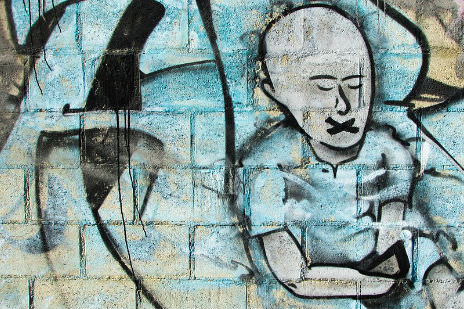
MEDIA
- Ruby Hamad
- 21 September 2017
15 Comments
In a liberal democracy, the media's most essential function is to serve the public interest. This includes providing information so that the public can make informed decisions. In order to do so, journalists must decide what is in the public interest and why. 'Balanced' coverage of, for example, damaging aspects of the marriage equality No campaign does not fit these criteria.
READ MORE 
-
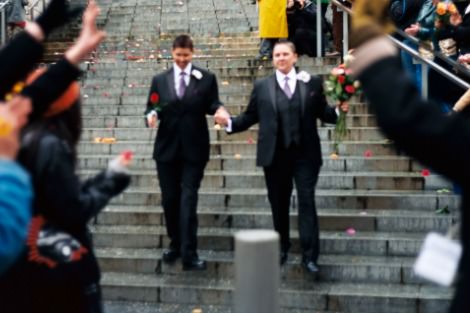
RELIGION
- Rachel Woodlock
- 07 September 2017
32 Comments
The state doesn't have an opinion on whether God approves of the union because theocracy went out of fashion in the West, along with the Divine Right of Kings. These days in Australia, the state doesn't even care to enforce sexual exclusivity of partners, although once upon a time that was a major element of marital law. Divorce is all about distribution of assets and establishing proper care of the kids. So why the brouhaha over marriage for gay people?
READ MORE 
-

RELIGION
- Frank Brennan
- 30 August 2017
6 Comments
'There was one controversy in which Lionel Bowen was involved that does provide good lessons for the contemporary Catholic considering the desirable law or social policy on a contested issue - lessons for the citizen weighing what is for the common good. Back in 1979 there was debate in the Parliament on a motion which was framed to stop Medicare funding of abortions. Bowen, a strict Catholic, was strongly opposed to the motion. He did not think the motion was about abortion. He thought it was about money.' Frank Brennan's 2017 Lionel Bowen Lecture
READ MORE